Best German musical movies
A curated collection of popular musical movies from Germany.
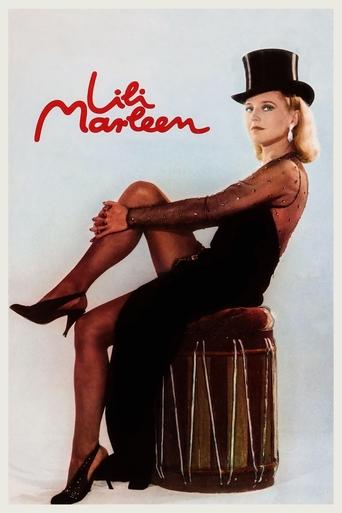
Lili Marleen (1981)
Lili Marleen (1981)
The story of a German singer named Willie who while working in Switzerland falls in love with a Jewish composer named Robert whose family is helping people to flee from the Nazis. Robert’s family is skeptical of Willie, thinking she could be a Nazi as she becomes famous for singing the song “Lili Marleen”.

Glorious Times in the Spessart (1967)
Glorious Times in the Spessart (1967)
The countess is married, and the ghosts are still in the Spessart. Her husband becomes an astronaut and the story involved time travelling and space travelling starts.
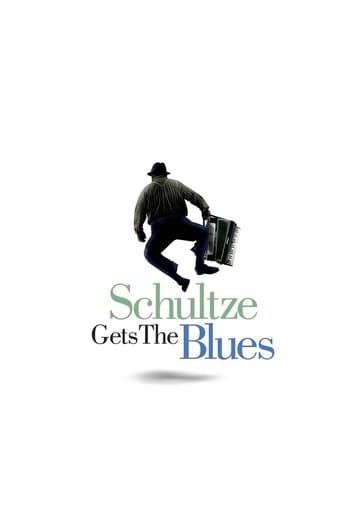
Schultze Gets the Blues (2003)
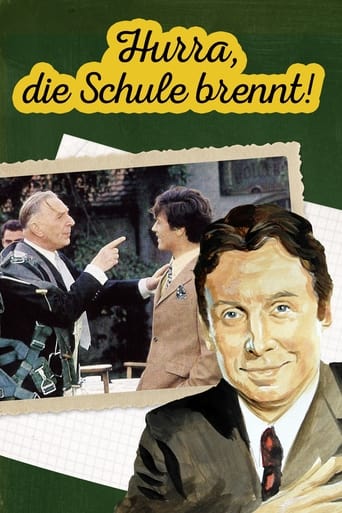
Hurra, die Schule brennt (1969)
Hurra, die Schule brennt (1969)
A new teacher, Dr. Dr. Bach, is transferred from his quiet village elementary school to the Mommsen Gymnasium, bringing along his nephew Jan. Bach's lackadaisical methods raise the suspicions of the other teachers.

Jazzclub - Der frühe Vogel fängt den Wurm (2004)
Jazzclub - Der frühe Vogel fängt den Wurm (2004)
A musician tries to get by working several jobs.
The Emperor of Atlantis (1977)
The Emperor of Atlantis (1977)
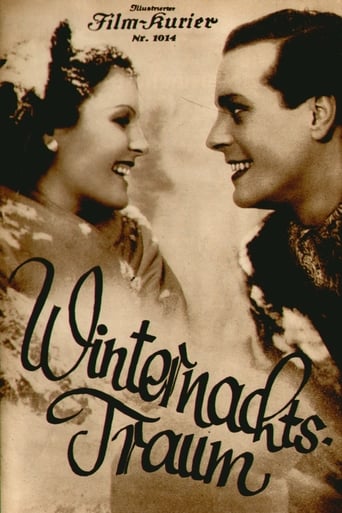
Winter Night's Dream (1935)
Winter Night's Dream (1935)
The wintry mountainscapes of Bavaria provide the backdrop for this airy German comedy. The story is set in motion when young clerk Boenecke (Richard Romanowsky) accidentally delivers a check to the wrong bank. Boenecke's boss Schumann (Walter Steinbeck) suspects the clerk of embezzlement -- especially since our hero has taken off on an extended Alpine vacation with his sweetheart Hilde (Magda Schneider). Before this comic chain reaction can be straightened out, hero and heroine have become entangled with a gang of female pickpockets. Essentially a "moonlight and strudel" confection, Winterachtstraum was perfect escapist entertainment for Magda Schneider's legions of fans.

Vaya con Dios (2002)
Vaya con Dios (2002)
Three monks are making their way from Germany to a monastry in Italy, because they cannot afford the rent for their facility any longer.

Die Geierwally (1988)
Die Geierwally (1988)
Geierwally is a musical comedy and a parody of traditional movies with regional background, especially the classic story of Geierwally.
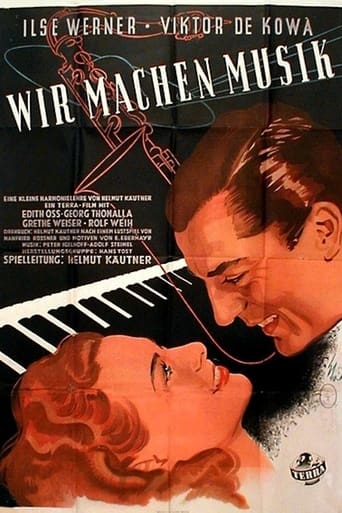
We Make Music (1942)
We Make Music (1942)
Caught at the window just before an air-raid warning (WWII) composer Paul tells how he met his wive Anni, a revue star and song writer, how he handled the courtship and the early years of his marriage, inspite of some professional conflicts - his operas were flops, while his wive had one success after the other - they finally found out how they could help each other.
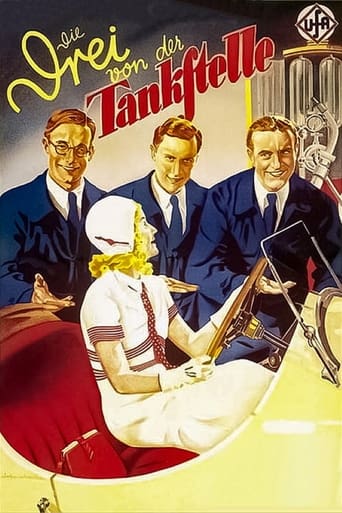
The Three from the Filling Station (1930)
The Three from the Filling Station (1930)
Die Drei von der Tankstelle, meaning The Three from the Gas Station, was advertised as a German operetta when release and with it’s star studded cast would become the forerunner of Musical films. Even today the soundtrack of the comic harmonists is popular in Germany.
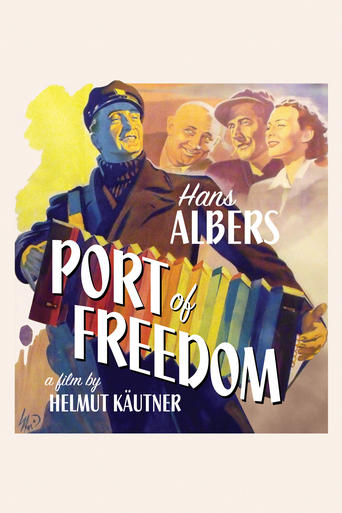
Port of Freedom (1944)
Port of Freedom (1944)
Singing sailor Hannes, who now entertains the crowd at St. Pauli's Hippodrome after years at sea, promises his dying brother that he will take care of his ex-girlfriend Gisa. Taking Gisa to Hamburg to live with him, Hannes quickly falls in love with her, but soon has to face Gisa's affection for another man, Willem.
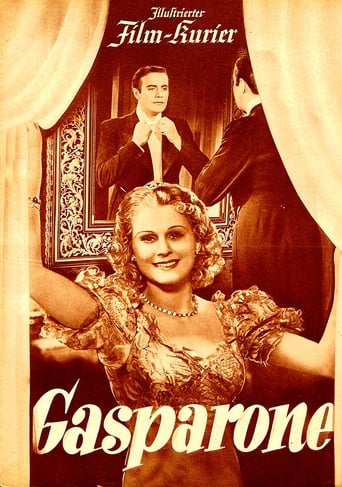
Gasparone (1937)
Gasparone (1937)
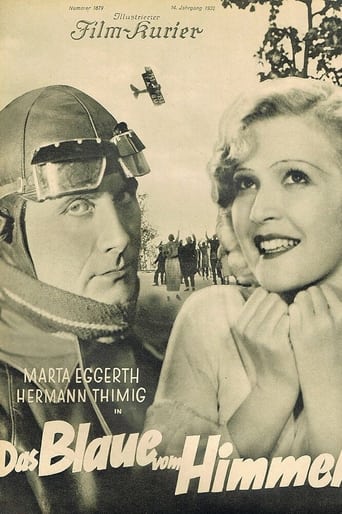
The Blue from the Sky (1932)
The Blue from the Sky (1932)
Out of unlikely circumstances an underground ticket vending girl and a mail pilot fall in love.
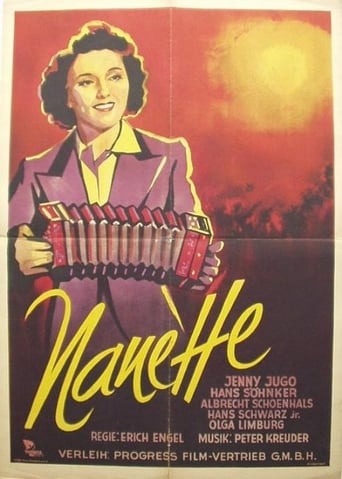
Nanette (1940)
Nanette (1940)
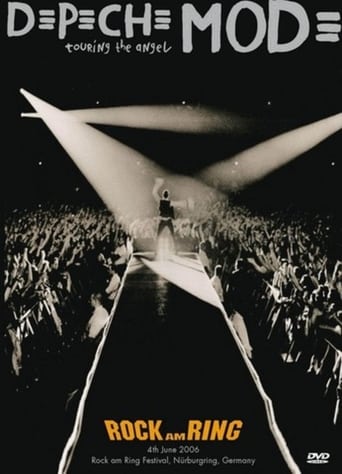
Depeche Mode: Rock am Ring (2006)
Depeche Mode: Rock am Ring (2006)
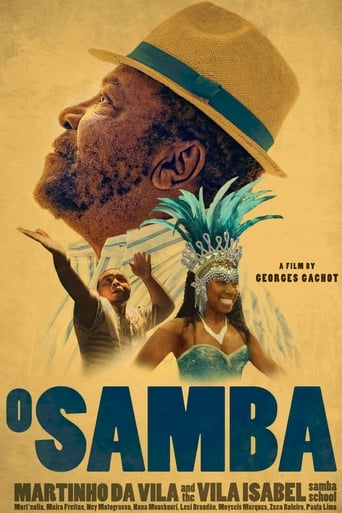
O Samba (2015)
O Samba (2015)
In the Documentary The singer, composer, writer and bamba Martinho da Vila guides the viewer through the gigantic world of samba investigating the origins of the rhythm, highlighting its importance in different spheres, telling stories about his career and presenting his heart association, Grêmio Recreativo Samba School Unidos de Vila Isabel.
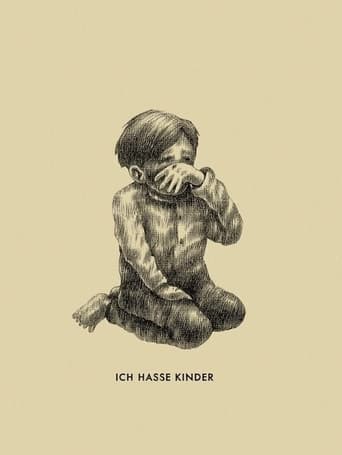
Till Lindemann: Ich hasse Kinder (2021)
Till Lindemann: Ich hasse Kinder (2021)
Extended short film from the five minute video clip titled "Ich hasse Kinder" by Till Lindemann.
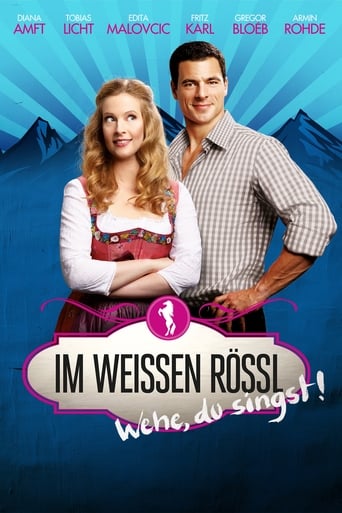
Im Weissen Rössl - Wehe, du singst! (2013)
Im Weissen Rössl - Wehe, du singst! (2013)
Just gotten dumped via text message by her boyfriend, Ottilie Giesecke from Berlin cannot resist her father’s offer to spend a few days holidaying at Lake Wolfgangsee in the Austrian alps. Although the city slicker doesn’t think much of Schlager songs and mountains, she moves into the “Weißes Rössl” inn, where Dr. Otto Siedler immediately courts her. At least in Leopold, Ottilie finds a kindred spirit, because the headwaiter has been hopelessly in love with Josepha, boss of the hotel, for years. While the two cheer each other up, the next problem is already looming: Sigismund Sülzheimer wants to buy the Weißes Rössl in order to blow it up - of course out of heartache.
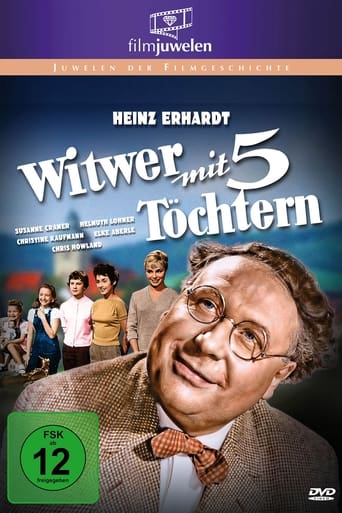
Witwer mit fünf Töchtern (1957)
Witwer mit fünf Töchtern (1957)

Linie 1 (1988)
Linie 1 (1988)
Film version of the musical by the same name: Sunnie, a girl from the province, comes to Berlin to meet rock star Johnnie who had given her his address after a concert. On the subway to Kreuzberg, Sunnie becomes acquainted with a couple of strange people, among them "asphalt cowboy" Bambi. Bambi tells Sunnie that Johnnie’s address in Kreuzberg does not exist. Together, Sunnie and Bambi try to find the rock star in bustling metropolitan Berlin.
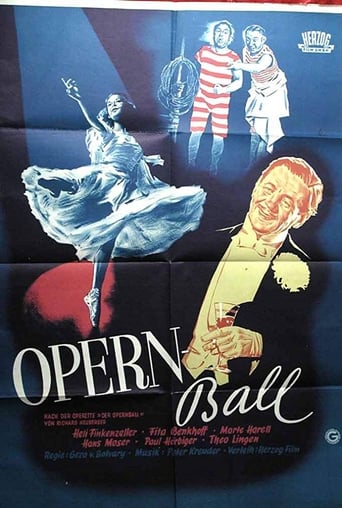
Opera Ball (1939)
Opera Ball (1939)
After the operetta of the same name of Richard Heuberger in 1890-1914 all kinds of situation comic from happy-go-lucky Vienna of the turn of the century, the time of the first cars and the absurd bath costumes: Husbands in the Chambre Separee, her little dizziness and mistake plays, the tumultuous whirl of a grand ball... - A high-spirited comedy at considerable entertainment level.
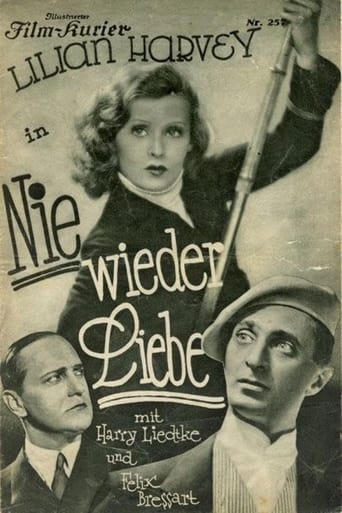
No More Love (1931)
No More Love (1931)
An American millionaire, who had always bad luck with women, bets that he can live without them for five years. But after four and a half years traveling around on his yacht, he rescues a lady from drowning in the English Channel.
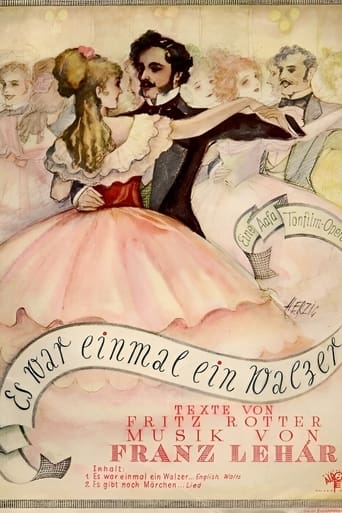
Once There Was a Waltz (1932)
Once There Was a Waltz (1932)
Banker Rudi Moebius and his counselor arrive in Wien for an arranged marriage which should solve their financial problems. Only they don't know, but Lucie Weidling is broken too, and in love with Gustl, a musician without the courage to elope. Meanwhile Rudi meets Steffi and falls in love not even knowing her name. He and Lucie become good friends and decide to help each other.
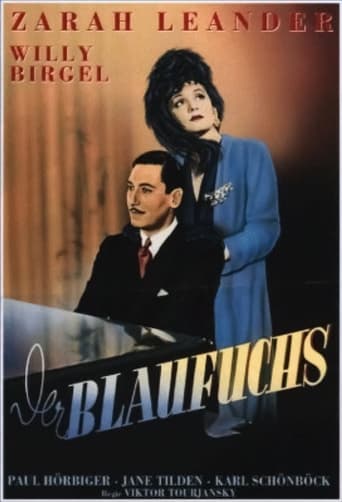
Der Blaufuchs (1938)
Der Blaufuchs (1938)
Ilona, the bored wife of an easily distracted professor, falls in love with his friend Tibor, a world-traveler and ladykiller. Although she pursues him, he declines to take advantage of the situation, because she's married to his best friend. Only after her husband shows an interest in a co-worker is it possible for a happy ending to take place for the two new couples.
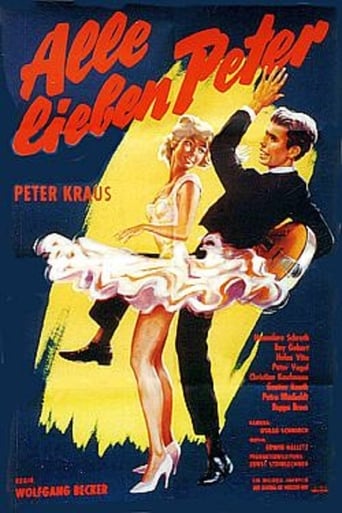
Alle lieben Peter (1959)
Alle lieben Peter (1959)
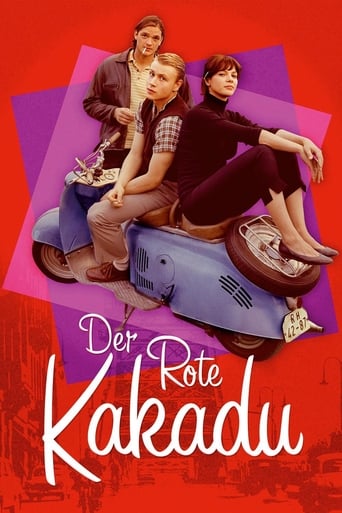
The Red Cockatoo (2006)
The Red Cockatoo (2006)
A coming-of-age story set in Germany in the 1960s. Siggi becomes involved in a love triangle when he falls for Luise, but the tightening political climate forces him to make a fateful decision.
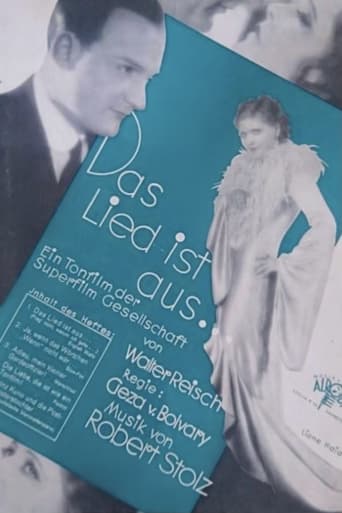
The Song Is Ended (1930)
The Song Is Ended (1930)
Das Lied ist Aus (The Song Is Ended) is a typical early-talkie German musical in every respect, save one. The story, concerning the lives and loves of show folk, ends unhappily -- and surprisingly so. The doleful denouement didn't seem to have much effect on the film's box-office appeal, since Das Lied ist Aus proved a major moneymaker.
Another Kind of Love (1988)
Another Kind of Love (1988)
Music video for Hugh Cornwell's "Another kind of Love".
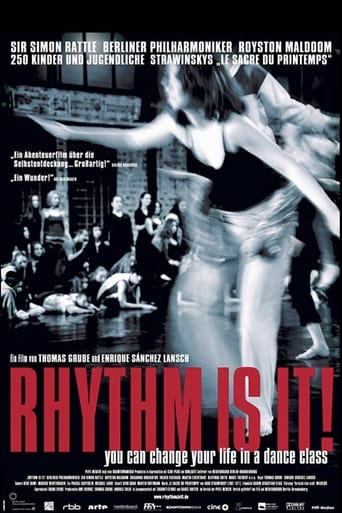
Rhythm is it! (2004)
Rhythm is it! (2004)
RHYTHM IS IT! records the first big educational project of the Berlin Philharmonic Orchestra under Sir Simon Rattle. The orchestra ventured out of the ivory tower of high culture into boroughs of low life for the sake of 250 youngsters. They had been strangers to classical music, but after arduous but thrilling preparation they danced to Stravinsky's 'Le Sacre du Printemps' ('The Rite of Spring'). Recorded with a breathtaking fidelity of sound, this film from Thomas Grube and Enrique Sánchez Lansch documents the stages of the Sacre project and offers deep insights into the rehearsals of the Berlin Philharmonic Orchestra.